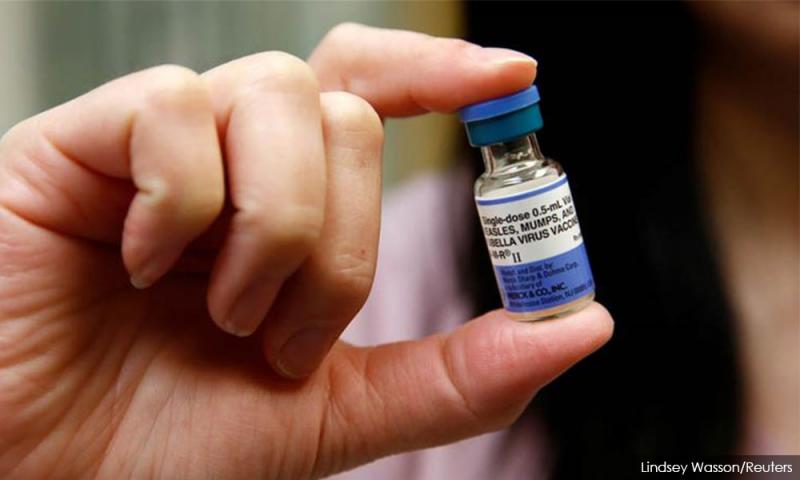Taking responsibility for vaccine failure
LETTER | The recent unprecedented polio event in Sabah shows how fragile our health services are and how much vigilance is required to protect our children.
Much has been written about it but I would like to bring our attention to taking responsibility for our behaviour and our policies. As a nation, we are very much into blame-shifting and seldom take responsibility for our failure.
There are four "responsibilities" here, four failures we need to address. Preventing vaccine-preventable disease epidemics is the responsibility of all parties involved including the government, our civil agencies, parents and the general public.
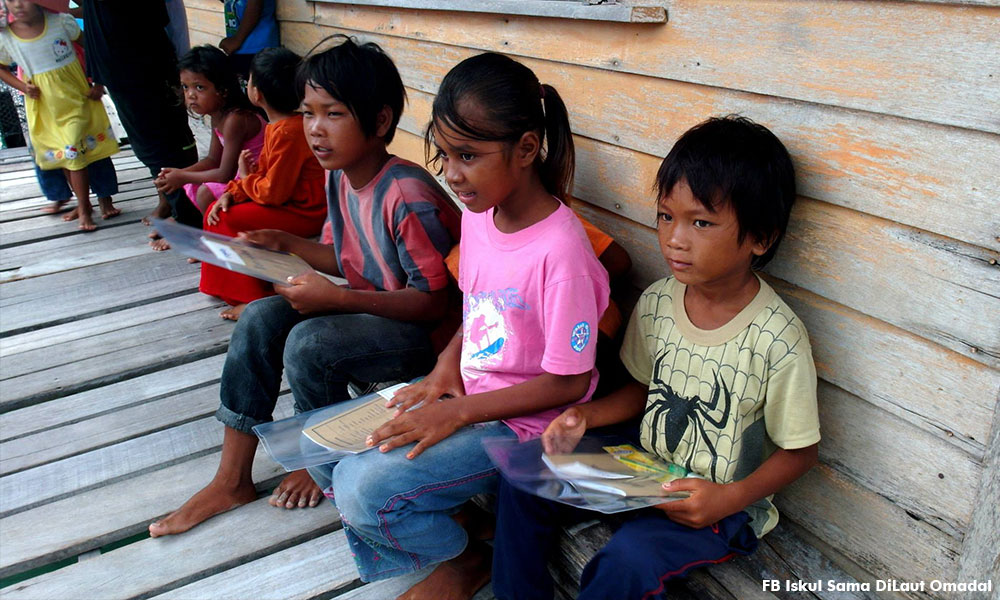
No nation can pretend today to be an island cut off from the rest of the world. Malaysia, especially Sabah, has its fair share of immigrants, refugees and stateless children. Remember that some of the stateless children are Sabahans without adequate identification records.
We have a moral obligation to vaccinate these children, it is a rights issue. In line with the United Nations Convention on the Rights of the Child (UNCRC), which is now 30 years old, we cannot deny any child vaccination.
The fact that we put a significant price tag on every child’s health visit and every vaccination inhibits these immigrant children from poorer backgrounds from obtaining vaccinations.
In addition, not vaccinating these children makes our community lose its vital herd immunity and thereby risking our own children getting vaccine-preventable diseases, as seen in Sabah. We cannot put a price tag on this. We cannot say that vaccines are expensive and so we will not vaccinate these undocumented children. The actual price of not vaccinating them is much larger and more serious.
We cannot put all the blame for this failure on the previous administration. The fact that the present government appears to be deferring a decision on making vaccinations mandatory for all children speaks of their limited responsibility-taking in this issue.
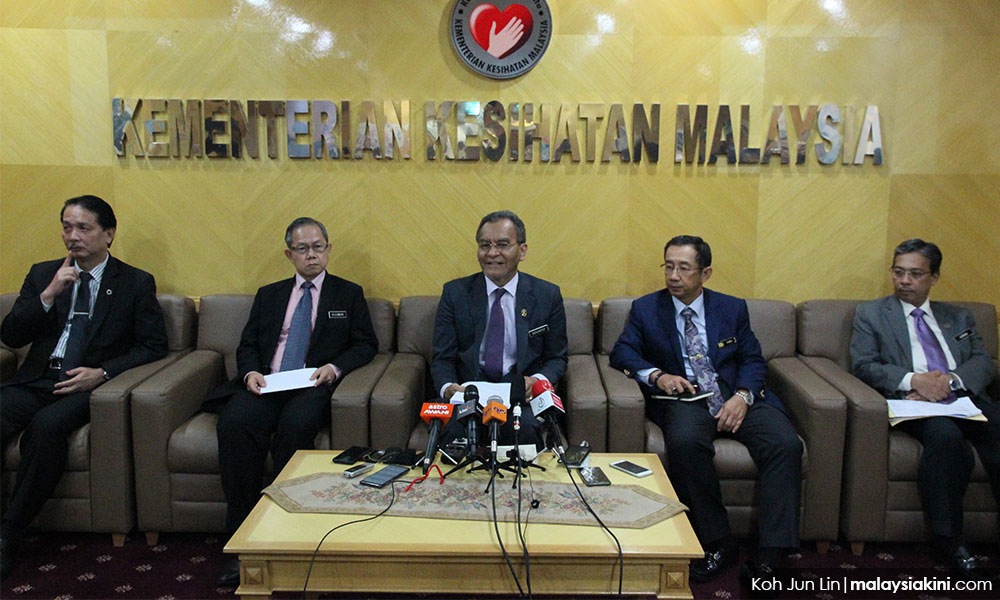
The issue mentioned above also falls at the doorstep of the Ministry of Health (MOH). How strongly has the MOH advocated with the previous and current government to fully vaccinate all children in Malaysia? How strongly have they advocated for the right of every child to be protected? How strongly have they communicated to the government that vaccinating all children protects Malaysian children?
In addition, how good is MOH’s vaccination coverage on the ground for Malaysian children? The recent polio event has shown that close to 12 percent of children, aged between two months and 15 years, examined at the location had not received polio vaccine. It'll be good if MOH would let us know how many of these are undocumented children and how many of them are Malaysian children.
We are aware that the MOH primary health care services are struggling. Over the years the focus of MOH has shifted extensively to curative, hospital-based services.
Hence we have a significant lack of manpower, especially of public health nurses on the ground. So much so that our child health programmes are no longer optimal. It is not possible to adequately reach all children without having adequate nursing manpower.
Even doubling the current public health nursing manpower would just be a beginning to restore our primary health care services, especially child health services that include immunisation.
The funding for our primary health care services are also dismal (about 70 percent of MOH funds goes to curative and hospital services) and need a major revision.
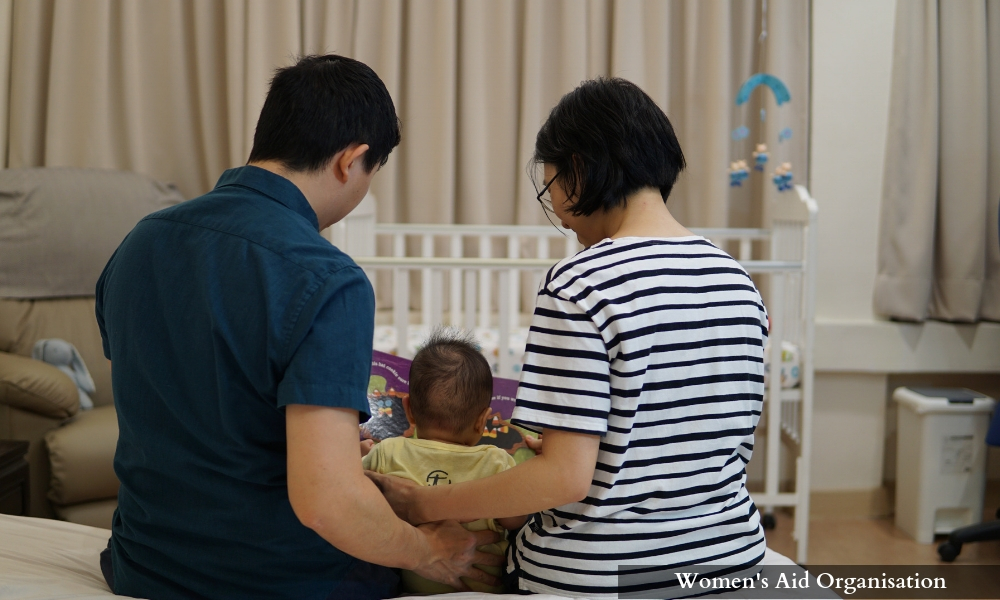
The government and MOH cannot go at it alone. We need parents to take responsibility for their children.
The rise of the anti-vaccine movement and the concerns some parents have regarding vaccinations have also damaged our immunisation programme. The fact that studies and data have shown that these are largely educated individuals are of concern. How we can move forward with these parents is still a challenge.
The fact that the number of measles cases has risen tenfold in the last five years alone (from 195 in 2013 to 1,934 in 2018 with six deaths) speaks about the seriousness of this growing problem.
Some parents no longer use MOH or private health services and hence we are unaware of the true number of these families that refuse vaccinations.
Will the anti-vaccine proponents take responsibility when children are damaged or die from not being vaccinated? They make very loud comments and claims when promoting their anti-vaccine ideas but are silent when children die from vaccine-preventable diseases. There must be some accountability for their messages.
Finally, there is a need for the public to take responsibility because we cannot say that this is purely the responsibility of the government. The general public needs to be informed about issues and the need to counter misinformation and the anti-vaccine lobby.
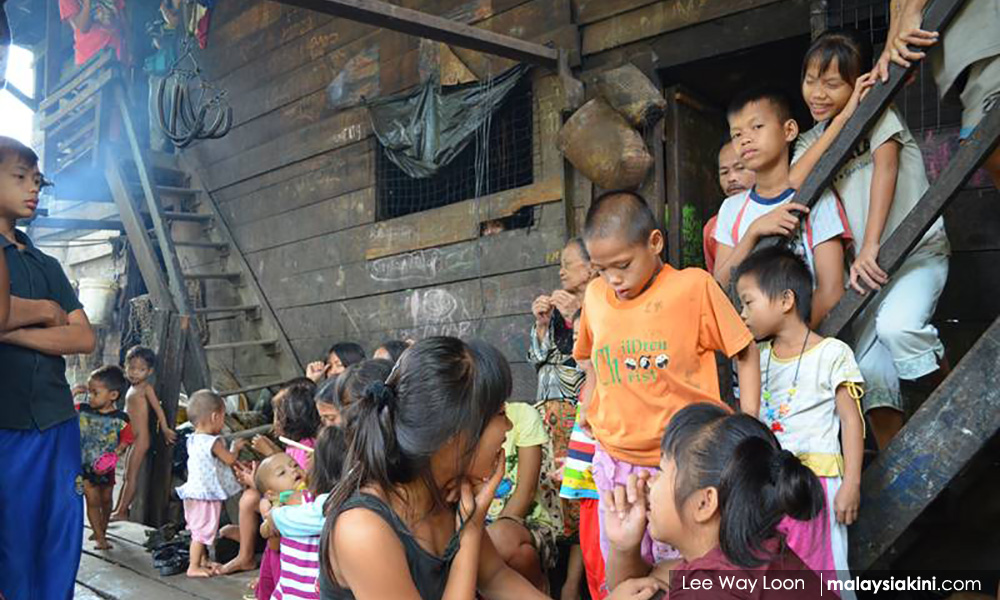
We have a responsibility to all children including those who are not Malaysian. It is time for us to be more proactive on social media to ensure that good information is shared.
The psychological "2020" and "developed nation status" looms over us but we still have a long way to go.
A developed nation supports all the children in its borders, irrespective of their nationality. A developed nation cares especially for the poor, marginalised and vulnerable children. A developed nation ensures that the rights of everyone are upheld.
The writer is a senior consultant paediatrician.
The views expressed here are those of the author/contributor and do not necessarily represent the views of Malaysiakini.
RM12.50 / month
- Unlimited access to award-winning journalism
- Comment and share your opinions on all our articles
- Gift interesting stories to your friends
- Tax deductable
